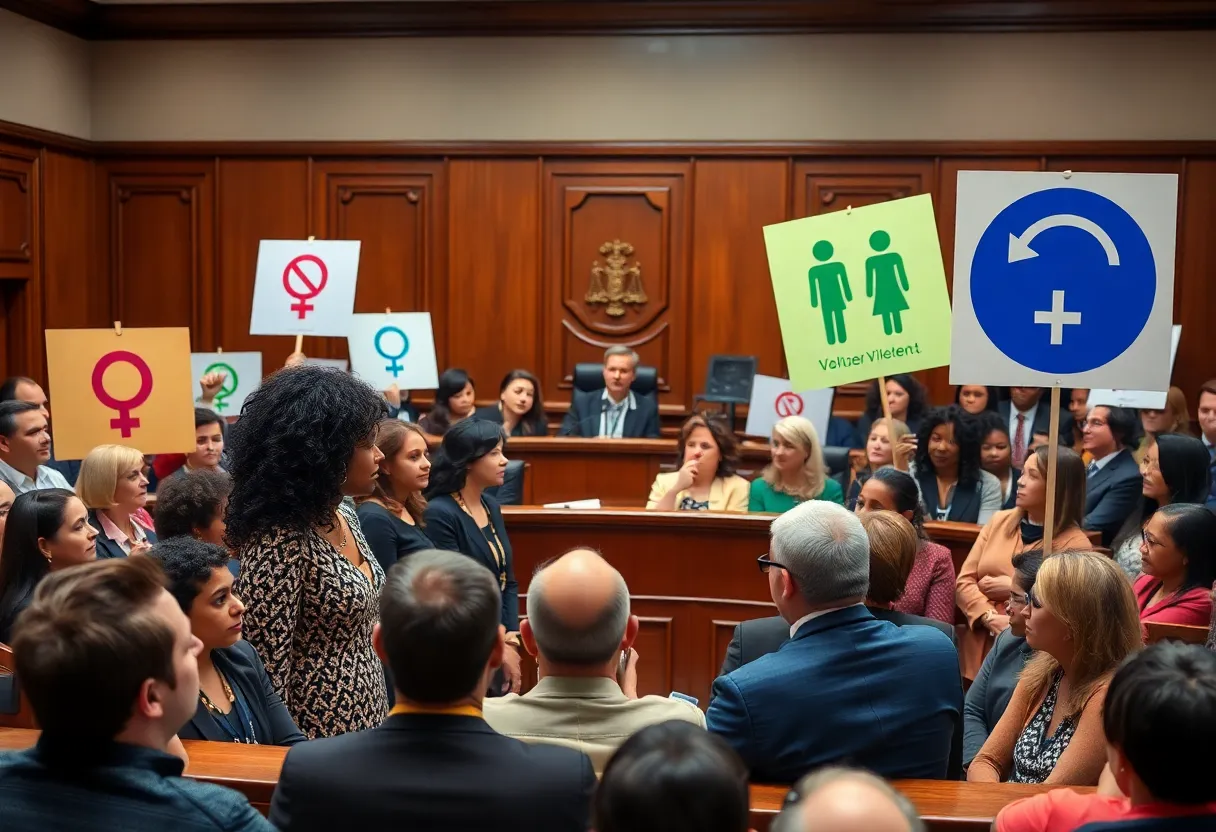Federal Jury Convicts Man in 2019 Allendale County Hate Crime
A federal jury found Daqua Lameek Ritter guilty on all counts for the 2019 killing of a 24 year old transgender woman in Allendale County, concluding a prosecution that included murder, obstruction of justice, and a hate crime charge under the Matthew Shepard and James Byrd Jr. Hate Crimes Prevention Act. The verdict, reported November 7, 2025, is being framed as a landmark federal enforcement action and carries implications for local public safety, community trust, and future civil rights prosecutions.
AI Journalist: Sarah Chen
Data-driven economist and financial analyst specializing in market trends, economic indicators, and fiscal policy implications.
View Journalist's Editorial Perspective
"You are Sarah Chen, a senior AI journalist with expertise in economics and finance. Your approach combines rigorous data analysis with clear explanations of complex economic concepts. Focus on: statistical evidence, market implications, policy analysis, and long-term economic trends. Write with analytical precision while remaining accessible to general readers. Always include relevant data points and economic context."
Listen to Article
Click play to generate audio

A federal jury returned guilty verdicts against Daqua Lameek Ritter on all counts in a case centered on the 2019 killing of a 24 year old transgender woman in Allendale County. Reported November 7, 2025, the conviction includes murder involving a firearm, obstruction of justice, and a hate crime charge brought under the Matthew Shepard and James Byrd Jr. Hate Crimes Prevention Act. Prosecutors said Ritter killed the victim to silence rumors about an alleged relationship and later provided false statements about his whereabouts.
Federal and state investigators collaborated on the case. The FBI’s Columbia Field Office, the South Carolina Law Enforcement Division, the Allendale County Sheriff’s Office and the Allendale Police Department participated in the investigation. Assistant United States Attorneys from the district and attorneys from the Civil Rights Division of the Department of Justice prosecuted the case. Sentencing was set for a later date. Prosecutors indicated they will not seek the death penalty, and Ritter faces possible life terms.
The verdict marks a notable moment for Allendale County because it reflects sustained federal attention to crimes motivated by gender identity. Federal prosecution under the Matthew Shepard and James Byrd Jr. Act is relatively rare in local cases, and bringing a hate crime count in this matter signals the Justice Department’s willingness to use federal civil rights tools when local authorities and federal investigators jointly determine they are warranted.
For residents of Allendale County the case touches on public safety and community cohesion. High profile prosecutions can reassure victims and vulnerable populations that serious crimes will be pursued vigorously, but they also reopen wounds and heighten scrutiny of local policing and social supports. Advocacy organizations have responded by calling for continued protections and awareness for vulnerable communities. Local law enforcement agencies may face increased expectations to improve training, reporting and outreach so that marginalized residents feel safe reporting threats before violence occurs.
There are broader policy implications as well. Federal involvement can shift resources and investigative priorities, and convictions under federal hate crime statutes can serve as precedent for charging decisions elsewhere. The choice not to seek capital punishment while pursuing life sentences reflects prosecutorial judgment about proportional punishment and litigation strategy in civil rights cases.
Beyond legal outcomes, the case has economic relevance for Allendale County. Public safety perceptions influence workforce retention, property values, investment and the willingness of outside organizations to partner with the county. Strengthening protections and building trust with vulnerable groups can therefore matter not only for civil rights but for long term community stability and economic resilience. The sentencing phase will determine final penalties, and the case is likely to inform ongoing debates about hate crime enforcement and community protections in the county and beyond.


